In-depth: Roundtable Q&A: standardized testing
TKC sat down with three different people: a high school senior, a gifted specialist and a college counselor.
TKC sat down with three different people: a high school senior, a gifted specialist and a college counselor. They each shared their thoughts and experiences about standardized testing and test-optional college applications.
TKC: What are your opinions on standardized testing?
Ellie Buchanan, senior: I’ve never liked it because I’m a bad test taker. I do well on my homework and work hard for good grades, but the second I have to take a test, I get really stressed out and bomb the whole thing. Your test scores can affect whether you get a $2,000 scholarship or a $20,000 scholarship. It’s so different for so many people, but standardized testing has never worked for me.
Cindy Coronado, gifted advisor: [My opinions are] mixed. I understand that there are thresholds that need to be met before people can earn a spot at a highly prestigious college. We’ve had to shift our thinking over the years to [take into account] the whole child. We look at creativity, critical thinking, achievement scores and how they do in class. We also have to take into account different factors in a person’s life and how that affects their education. While I understand the reason for [standardized testing] existing, it should be used as one tool while keeping in mind that a person is much bigger than a test score.
While I understand the reason for [standardized testing] existing, it should be used as one tool while keeping in mind that a person is much bigger than a test score.
— Cindy Coronado
TKC: How do you see standardized scores affect students in relation to the college application process?
Josh Jaworowski, college counselor: The test-optional model really helps students because they can look at what their application requires and decide if their test score would help their application or not. From that standpoint, I like the test-optional piece because it allows students to decide if they want to utilize that or not.
TKC: How did test-optional colleges change your application process?
Ellie Buchanan: I applied to Mizzou, which is test-optional. I chose not to submit my test scores, and that’s true for a ton of other people. The reason [students] are choosing that is because a lot of them haven’t taken the [ACT or SAT] tests because of COVID and it’s so hard to study for the tests. If a student has a good GPA and grades throughout high school, why would they submit bad scores for a test they’re not required to take?
TKC: What has been your experience with standardized testing?
Ellie Buchanan: My experience with standardized testing has never been good. A lot of kids struggle with things like ADHD and ADD that make it difficult for them to concentrate, whether they’re medicated or not. One of the hardest things about standardized testing is the time restraint. You only have 30 or so minutes, and [having to complete the test] within that short amount of time feels impossible. For tests like the ACT, it’s less about how much you understand and more about your test taking strategy. It doesn’t feel fair at all.
For tests like the ACT, it’s less about how much you understand and more about your test taking strategy. It doesn’t feel fair at all.
— Ellie Buchanan
TKC: What are some important aspects of standardized testing?
Cindy Coronado: The scores are a measure of something and can’t be ignored. You have to be careful to avoid setting students up for failure. Why would we put somebody into a university [where] they might not be successful? To pay all that money and say “good luck” doesn’t make sense. Everyone deserves their fair shot, but you also don’t want to stress anybody out. [Test scores] are a parachute of sorts to help people understand where they best fit in. I think what I’m opposed to is the reliance on one test score because everybody has a bad day. It’s not about a singular test score. It’s about the whole person.
TKC: How have you seen standardized testing change over the years?
Cindy Coronado: I’ve seen slow changes. Standardized testing isn’t equitable for a variety of reasons. There’s vocabulary that has been proven to be biased toward certain cultures, giving others an unfair advantage. It’s timed in a lot of situations, which is unfair to people that have ADHD or a learning deficit and need a little more time to process the questions and the reading. Standardized testing has changed so that if you have medical problems or mental health issues, you can get extra time or a different work environment to level the playing field. There’s a lot of people whose true score we don’t know because other things get in the way.
There’s a lot of people whose true score we don’t know because other things get in the way.
— Cindy Coronado
TKC: What do you think will happen with colleges and standardized testing in the future?
Josh Jaworowski: When COVID hit, almost all schools went test-optional. Then, a year passed, and several began to require test scores but there were still plenty that were test-optional. Next year, more schools may go back to requiring tests. However, I think test-optional is here to stay. COVID made [standardized testing] change at a quicker pace because it forced a lot of schools to go test-optional for at least that year. They all experienced it, and that allowed some schools to see the system work for them. It forced [the colleges] to try it, and many saw it worked for their applications process. There will be a lot of schools that remain test-optional, but others that will begin requiring test scores next year.
Cindy Coronado: Will [standardized testing] go away? Possibly. Will it go away tomorrow or next year? Probably not. They could go away if there was a better means, like a portfolio of a child, to get all the information. A college application board doesn’t have those resources and time. I don’t think they’re leaving until we come up with a better way.
Your donation will support the student journalists of Kirkwood High School. Your contribution will allow us to purchase equipment and cover our annual website hosting costs.
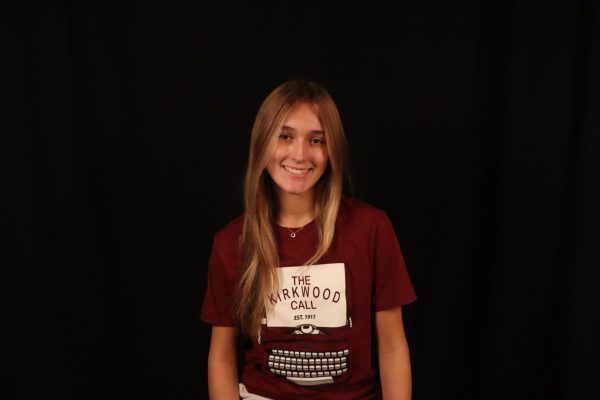
She/Her
Hobbies and Interests: lacrosse, shopping, Taylor Swift, reading
Favorite movie: 10 Things I Hate About You
Favorite Quote: "I love...


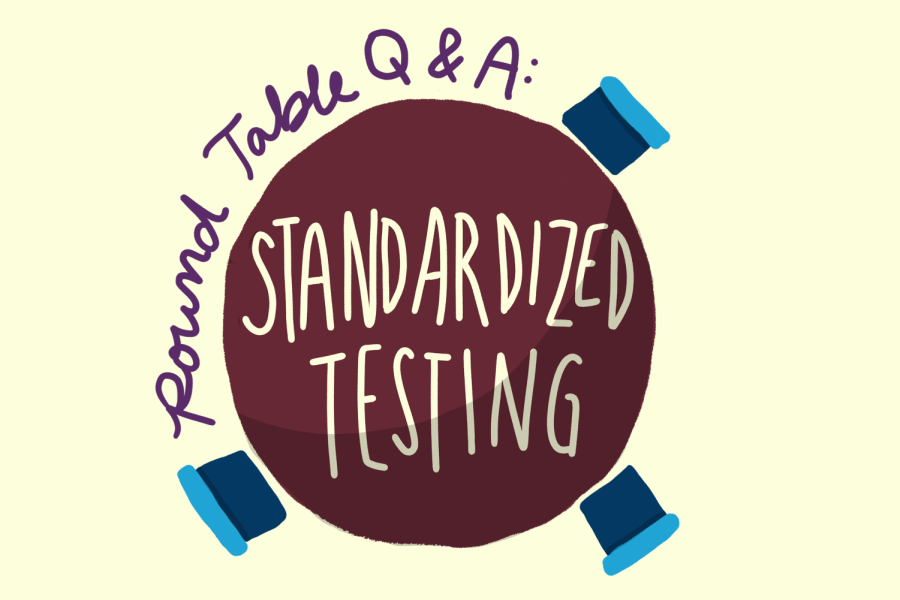

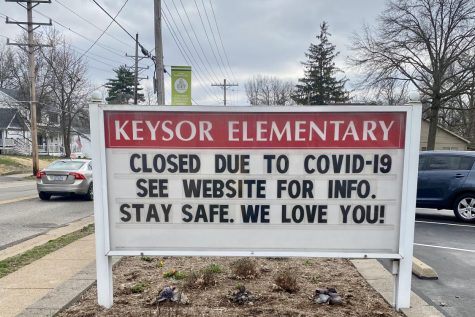




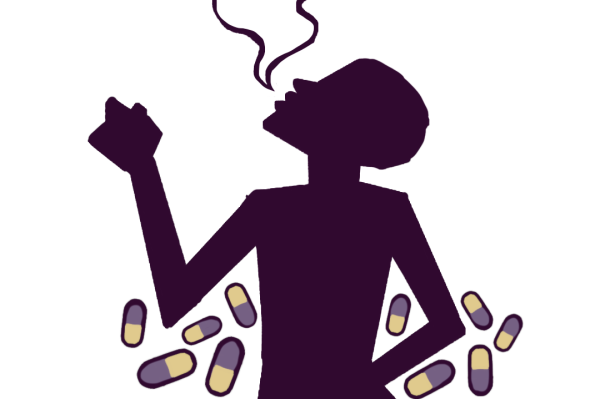


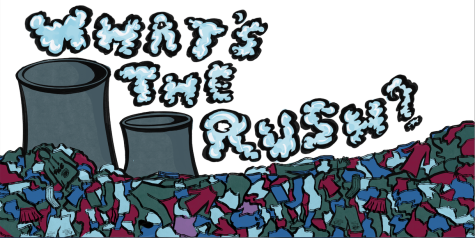

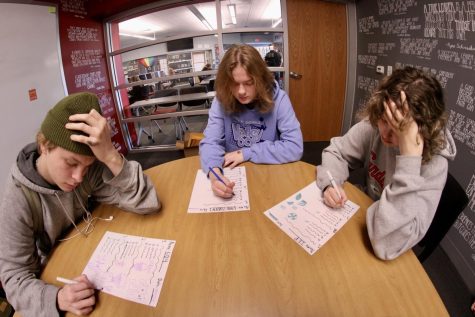

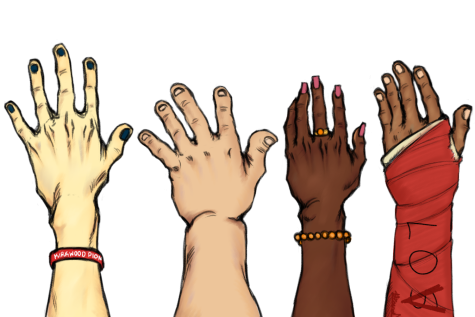

![“[Fashion is] a means to express myself,” Ezra Birman, senior, said. “I can’t imagine a world where I didn’t dress like this.”
Art by Ally Hudson](https://www.thekirkwoodcall.com/wp-content/uploads/2022/03/ezrapolaroid-e1646944084982-475x318.png)
